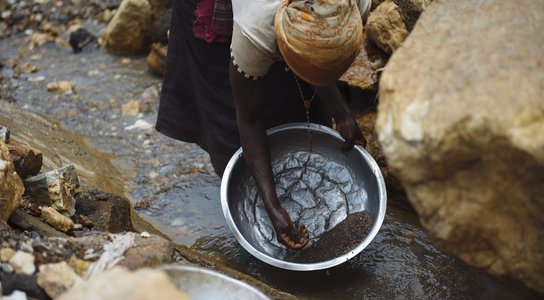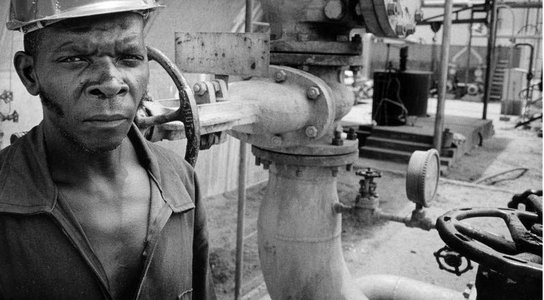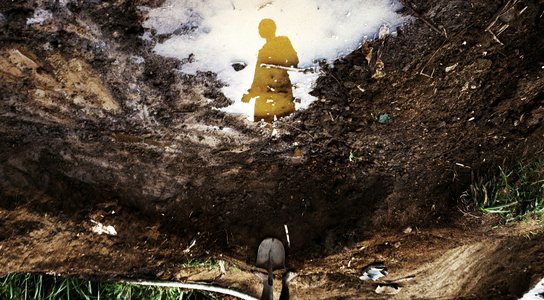The will and the capacity of the United Nations (UN) and Member States to deal with natural resource-fuelled conflicts is weak. In eastern Democratic Republic of Congo (DRC), civilians die on a daily basis because of a war that is stoked by the international trade in minerals. The conflict’s economic dimension and the identity of those fuelling it have been known for many years; yet increased awareness of the problem has not triggered effective action.
When the UN Security Council passes resolutions concerning DRC – on targeted sanctions for example – Council members and other governments decline to implement them. Global Witness believes that these failings on the DRC reflect the lack of a coherent and committed international approach to tackling natural resourcefuelled conflicts. For two decades, the UN, other intergovernmental bodies and individual governments have been forced to respond to these kinds of self-financing wars in countries such as Angola, Cambodia, Liberia, Sierra Leone and Côte d’Ivoire.
Different policies have been tried, with varying degrees of success, but no serious attempt has been made to distil from these experiences a common understanding of the problem and a strategy for dealing with it. Reviewing these cases, we find that the international peace and security system is poorly equipped to deal with the challenges they pose. When considered together, the four key entry points for international action – sanctions, peacemaking, peacekeeping and peace-building – should offer the basis for effective action. However, despite progress in some areas, the overall picture is one of ad hoc decision making and yawning gaps in institutional capacity and coordination.
Global Witness is calling on the UN to establish a High Level Panel to draw up a comprehensive strategy for tackling self-financing wars. This High Level Panel should review existing international experience of responding to such conflicts. It should also examine potential threats in countries such as Guinea, Somalia and Central African Republic.


